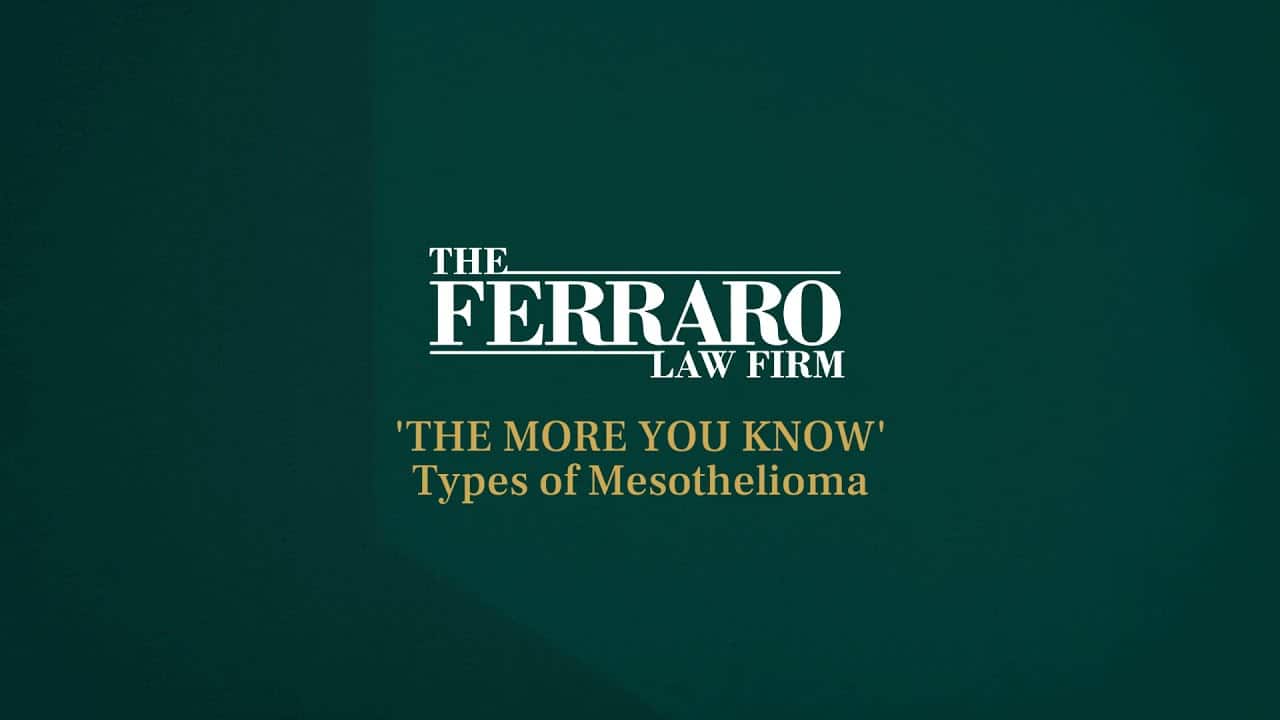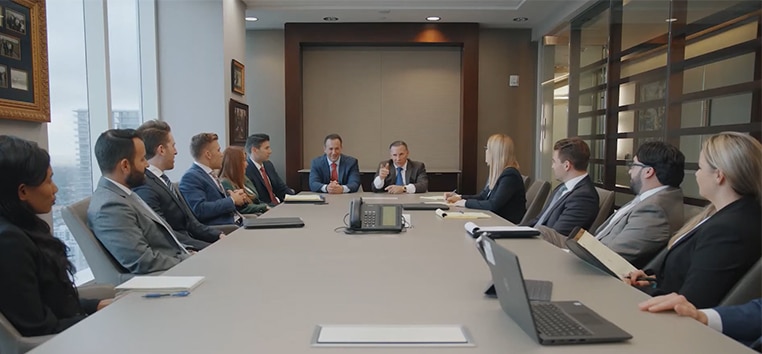If you were seriously injured, remember that it is crucial to choose the right law firm to represent your interests. We have been doing this for more than three decades, and have the resources you need to challenge any opponent.
Kurns, et al. v. Railroad Friction Products Corp., et al. Highlights Complexities of Mesothelioma Compensation
The U.S. Supreme Court in Kurns, et al. v. Railroad Friction Products Corp., et al., has decided in favor of a railroad company that reportedly failed to warn its workers of the dangers of working with asbestos.
Kurns, et al. v. Railroad Friction Products Corp., et al., has decided in favor of a railroad company that reportedly failed to warn its workers of the dangers of working with asbestos.
Our mesothelioma attorneys understand the case focused on a retired railroad welder and machinist, who died after filing suit against his former employer. The worker, George Corson, died of mesothelioma cancer, caused by exposure to asbestos decades earlier. He had alleged in his suit that not only were the products he worked with dangerous, but his employer failed to warn him of those dangers.
Corson’s widow, Gloria Kurns, had taken over the case when her husband died.
According to the claim, Corson worked at the Chicago, Milwaukee, St. Paul & Pacific Railroad company for more than a quarter century, between 1947 and 1974. He worked in maintenance and locomotive repair. Mostly, he installed brakeshoes on the trains and stripped the insulation from the boilers.
Nearly 30 years after he stopped working with the company, he was diagnosed with cancerous mesothelioma. This is a rare cancer that essentially attacks the thin layer of cells that lines the internal organs. There are three types – one that attacks the lungs, one that attacks the heart and one that attacks the abdomen.
Medical experts have determined that exposure to asbestos, often by ingesting air particles, is known to cause cancer, and mesothelioma in particular. As in Corson’s case, the damage is typically not apparent until many years down the road. By then, it’s too late, and patients often have less than a year to live.
Corson was diagnosed in 2005, and filed suit in Pennsylvania in 2007. The suit went after 59 defendants, including Railroad Friction Products Corporation (RFPC). This is the company that distributed the brakeshoes that contained the asbestos. Another company, Viad Corp., sold trains and train engine valves that also contained asbestos. Corson said not only were these products dangerous, but he was never given any warning of that danger.
The defendants in the case argued that they shouldn’t be held liable because the claims against violating state law were pre-empted by the Locomotive Inspection Act, which essentially prohibits railroad carriers from using any parts that aren’t safe or government-tested. Prior to that, in early 1900s, Congress had passed the Ash Pan Act and the Boiler Inspection Act, which outlined certain railroad safety conditions.
The railroad company, after having the case successfully moved from state to federal court, was backed in decisions by both the appellate and Supreme court. In a dissenting opinion, one justice said the company may not have been responsible for completely banning the brakeshoes, but it could have at the very least given railroad workers certain tools, such as masks, to safely handle the materials.
Thankfully, the law has changed dramatically in the last 50 years with regard to how we use and handle asbestos. Although a commonly-used product at the turn of the century, it is now rarely if ever used. There are also very specific laws in how it must be disposed of.
If you have been diagnosed with mesothelioma or think you may have been exposed to asbestos, contact an experienced mesothelioma attorney. As this ruling illustrates, these are complex cases and holding companies responsible decades later requires a firm with the knowledge, experience and resources that comes with focusing on justice for mesothelioma victims.
Table of Contents
Frequently Asked Questions: Mesothelioma & Asbestos
What is asbestos?
Why is asbestos dangerous?
What are asbestos-related diseases?
What causes mesothelioma?
What are the different types of mesothelioma?
What are common mesothelioma symptoms?
Do I qualify for compensation if I have mesothelioma?
What is the life expectancy for someone with mesothelioma?
Do I qualify for compensation if I have mesothelioma?
The Ferraro Law Firm provides comprehensive legal services, including mesothelioma legal help. Call (888) 554-2030 for a free and confidential consultation. Offices in Miami, Washington, D.C., and New York City.
Additional Resources:
Kurns, et al. v. Railroad Friction Products Corp., et al., Justia






